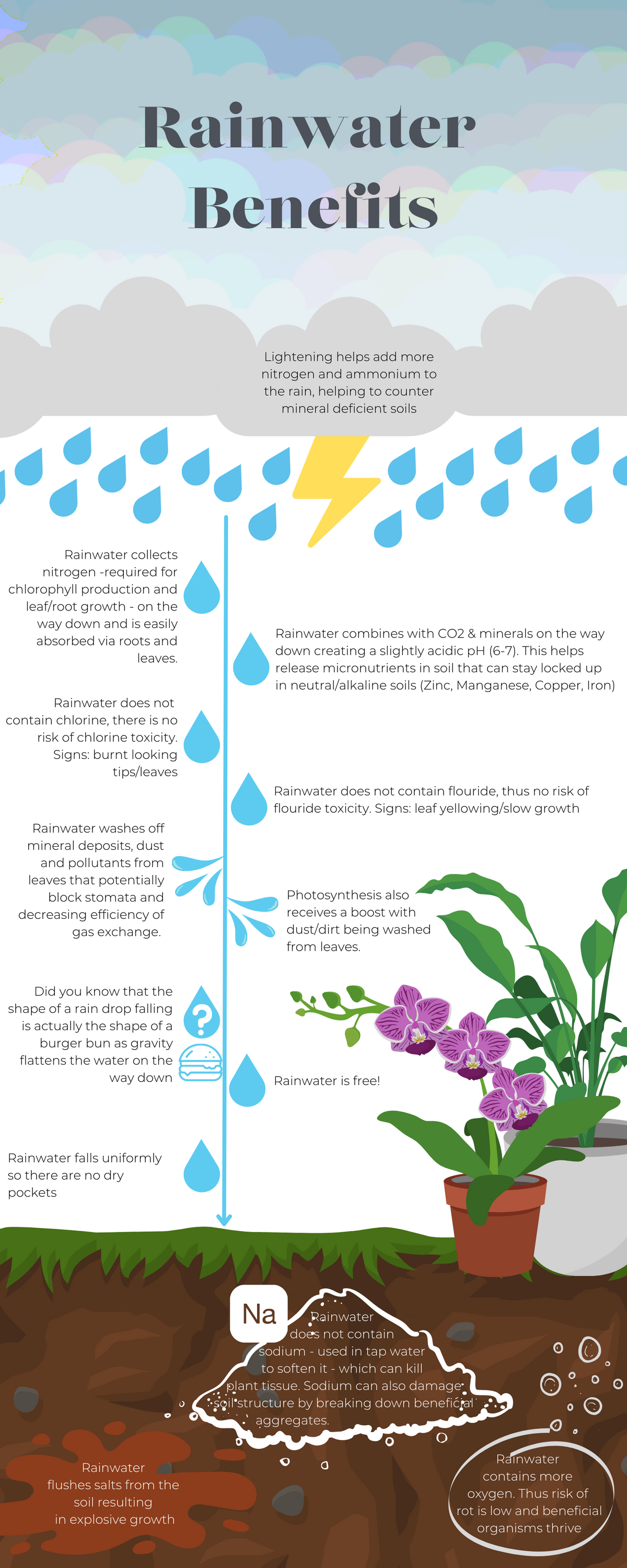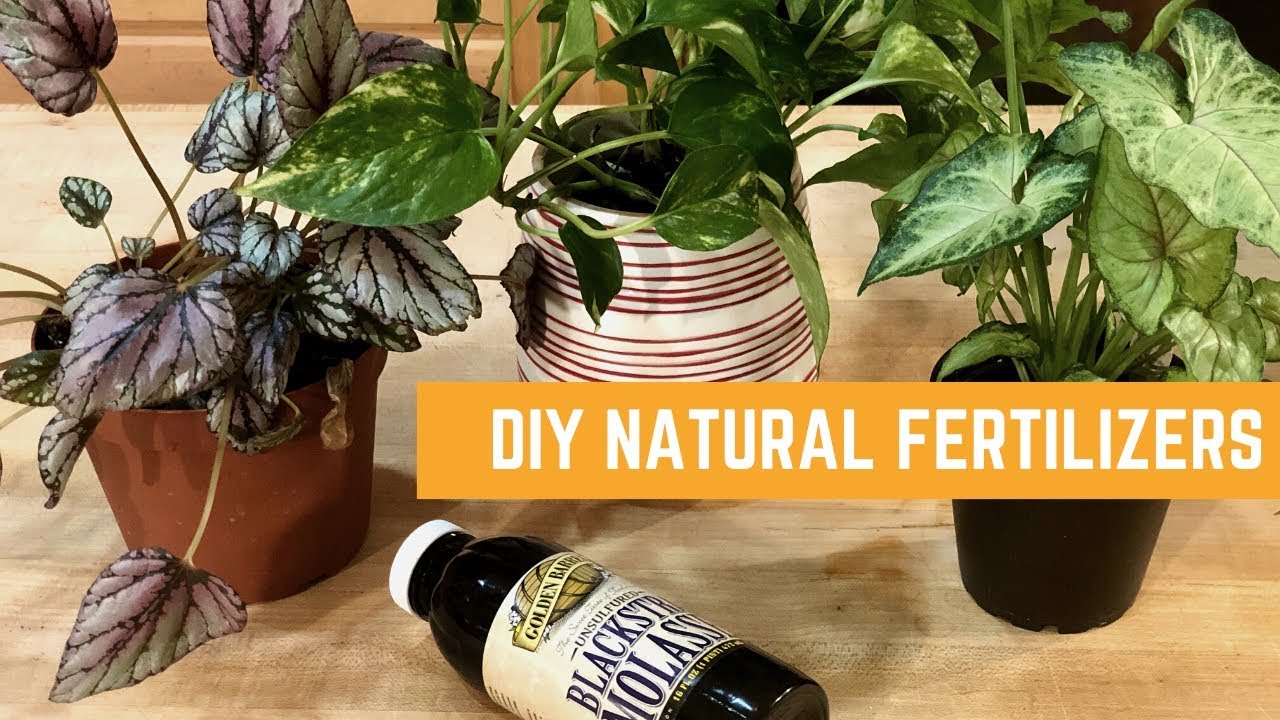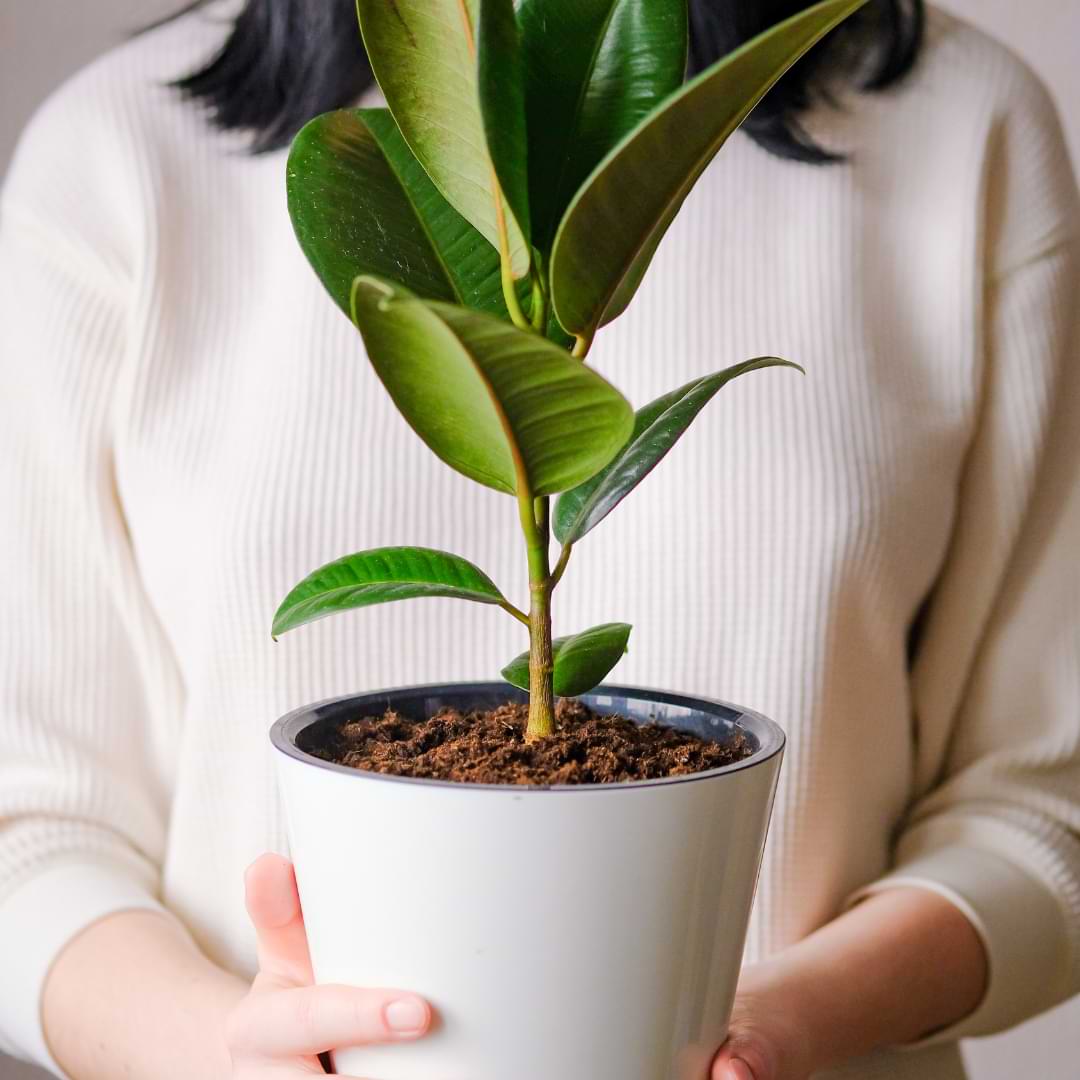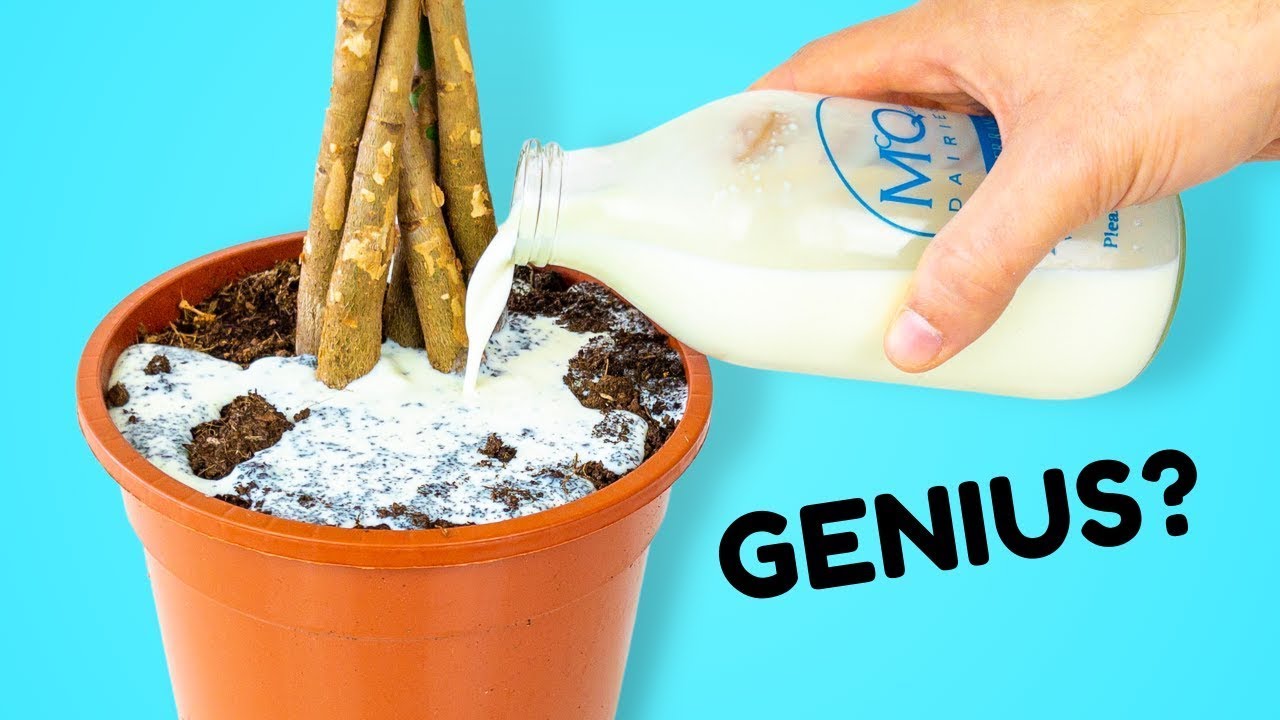Can using rainwater improve plant health?
When it comes to watering your plants, you might be wondering if using rainwater can actually make a difference in their health. In recent years, more and more gardeners and plant enthusiasts have turned to rainwater as a natural and sustainable alternative to tap water. But does it really benefit your plants? Let’s delve into the science behind using rainwater for plant care.
One of the main reasons why many people believe that rainwater is superior to tap water for plant health is its purity. Rainwater is free of the chemicals and additives that are often found in tap water, such as chlorine and fluoride. These chemicals can be harmful to plants if they accumulate in the soil over time. By using rainwater, you can ensure that your plants are getting a pure and natural source of hydration.
Additionally, rainwater is slightly acidic, with a pH level around 5.6. This acidity can help to balance out the alkalinity of the soil, which is beneficial for many plants. Some plants, such as azaleas and blueberries, prefer acidic soil and will thrive when watered with rainwater. The gentle acidity of rainwater can also help to prevent mineral buildup in the soil, which can impede the absorption of nutrients by plants.
Another benefit of using rainwater for plant care is its temperature. Rainwater is typically at a cooler temperature than tap water, especially during the hot summer months. Watering your plants with cool rainwater can help to lower the temperature of the soil, reducing stress on your plants during periods of extreme heat. This can be particularly beneficial for delicate plants that are sensitive to high temperatures.
Furthermore, rainwater is oxygenated as it falls from the sky and into your watering can or rain barrel. This oxygenation can help to aerate the soil when you water your plants, promoting healthy root growth and enabling the efficient uptake of nutrients. Oxygen is essential for root respiration, and by using rainwater, you can ensure that your plants are receiving an extra boost of oxygen with each watering.
It’s important to note that while rainwater can be beneficial for plant health, there are some precautions to keep in mind. For instance, if you live in an area with heavy pollution or acid rain, you may want to test the pH level of your rainwater before using it on your plants. Additionally, if you collect rainwater in a barrel or container, be sure to keep it covered to prevent the growth of bacteria and algae.
In conclusion, using rainwater can indeed improve plant health due to its purity, acidity, temperature, and oxygenation. By incorporating rainwater into your plant care routine, you can provide your plants with a natural and sustainable source of hydration that is free of harmful chemicals. So the next time it rains, consider collecting some rainwater to nourish your beloved plants!



